Overview
The Interventional Cardiology Fellowship at Mayo Clinic in Jacksonville, Florida, provides a broad-based learning experience in all aspects of interventional cardiology.
Applicants may apply for a two-year fellowship, consisting of an ACGME-accredited first year focused on coronary interventions, followed by a non-accredited second year dedicated to structural heart disease interventions. Alternatively, candidates may choose to apply solely for the ACGME-accredited first year.
You will receive high-quality education in patient evaluation, technical performance, and post-procedural management of simple and complex interventional procedures. There will be opportunities for medical teaching and research. Mayo Clinic has a long-standing tradition of practicing both the art and science of medicine. Physicians, scientists, residents, students, nurses, and allied health staff members work as a team at Mayo Clinic. Our staff clinicians and scientists are called consultants in recognition of their teaching and mentoring role on the team.
/prod01/channel_2/media/mccms/content-assets/academics/residencies-and-fellowships/cardiology-interventional-fellowship-florida/mccms-cardiology-interventional-fellowship-1024X512-WF7087400_0033.jpg)
Accreditation
This program fulfills the training requirements as define by the American Board of Internal Medicine and is accredited by the Accreditation Council for Graduate Medical Education (ACGME).
Application process
Positions
One applicant is selected on a competitive basis for the Interventional Cardiology Fellowship program at Mayo Clinic in Jacksonville, Florida.
Qualifications
To be eligible for the Interventional Cardiology Fellowship, you must have successfully completed three years of cardiovascular training and three years of internal medicine residency.
Also see general admissions requirements.
How to apply
The academic year begins July 1.
The application and all supporting documentation must be submitted by Sept.1, approximately 10 months preceding the program start date July 1.
You must apply through the Electronic Residency Application Service (ERAS) for fellowship applicants..
- Visit the ERAS website for fellowship applicant information.
- If you are considered for an appointment, you will be contacted for an interview with the program director and faculty. Interviews are conducted in October and November each year.
/prod01/channel_2/media/mccms/content-assets/academics/residencies-and-fellowships/cardiology-interventional-fellowship-florida/cardio-inter-fellow-fla-1024X512.png)
Curriculum
The two-year program will provide training in coronary and structural heart interventions.
- In the first year (which is ACGME accredited), you spend four days a week in the Cardiac Catheterization Laboratory and one half-day a week in the outpatient Interventional Cardiology Clinic.
- In the second year, you spend one day a week in the Structural and Interventional Cardiology clinics, with the remainder of your time in the Catheterization Laboratory.
You will be responsible for pre-procedural patient evaluation, informed consent, and post-procedural care in conjunction with the attending physician. Clinical responsibilities advance as appropriate to your level of training and ability.
In the fourth quarter of the first year, fellows will have the opportunity to be the primary operator of a catheterization suite with a technician. The attending physician is present in the control room to assist as needed. Also, during the fourth quarter, as a first-year fellow, you will start to become involved in structural procedures and participate in the structural clinic.
As a second-year fellow, you have similar patient care responsibilities and, in addition to structural cases, participate in limited night and weekend call to maintain percutaneous coronary intervention (PCI) skillset. During the fourth quarter, as first-year fellows begin their involvement with structural procedures, second-year fellows participate in the daily PCI case rotation.
The outpatient clinic consists of new patient evaluations as well as follow-up of previously seen patients. You will perform any indicated procedure on these patients in conjunction with the attending physician.
/prod01/channel_2/media/mccms/content-assets/academics/residencies-and-fellowships/cardiology-interventional-fellowship-florida/cardio-inter-fellow-fla-1024X512-WF7087400-0047.png)
Evaluation
To ensure that you acquire adequate knowledge and develop the appropriate technical skills to meet program expectations, your performance is monitored carefully during the program. You are evaluated formally by the supervising faculty member after each clinical rotation, and you will meet with the program director to review these evaluations. In addition, you will also regularly evaluate the faculty to ensure that your educational needs are being met.
/0x0:512x512/prod01/channel_2/media/studio-sites/mccms-reference-guide/512X5121573348_3801872_0024-(1).jpg)
Video: See yourself at Mayo Clinic
5:33
Belonging
At Mayo Clinic, we're committed to recruiting a workforce reflective of our broader community in order to provide the best care for our diverse patient population.
You'll have the opportunity to be a part of:
- Mayo Employee Resource Groups (MERGs) are employee-led affinity groups to promote belonging, increase cultural awareness, and foster an environment of respect and inclusivity. Any Mayo Clinic employee can join a group of interest and choose their level of involvement.
- The OUTList, an internal resource created by the LGBTI MERG that promotes community, visibility, and mentoring among Mayo's faculty, staff, and trainees by identifying mentors within Mayo Clinic interested in being a resource for others. All Mayo employees are welcome to contact individuals on the OUTList for advice and networking.
- The Student National Medical Association and National Medical Association conferences, which provide a place for you to share and learn belonging and inclusion best practices.
- The Mayo Clinic Trainee Belonging Committee, a group that recruits and mentors applicants, including those from underrepresented backgrounds in medicine.
Department and faculty
Department and faculty
The Interventional Cardiology Fellowship includes four interventional cardiologists. You have direct access to the cardiology faculty at Mayo Clinic in Florida throughout your training.
Physicians, scientists, residents, students, nurses, and allied health staff members work as a team guided by our mission statement. In addition to caring for patients in clinical practice, Mayo Clinic's faculty is committed to teaching and facilitating the growth of medical knowledge. Many of our faculty members have published and lectured extensively and are highly regarded in their fields.
Advisers and mentors
You may choose a mentor in research. In addition, the program director counsels and assists you with career development during your quarterly meetings.
Visiting professors
Many prominent professors visit Mayo Clinic in Florida each year. They present their work during lectures, participate in hospital rounds, and have informal discussions with trainees. You are encouraged to take full advantage of these educational opportunities.
Meet the faculty
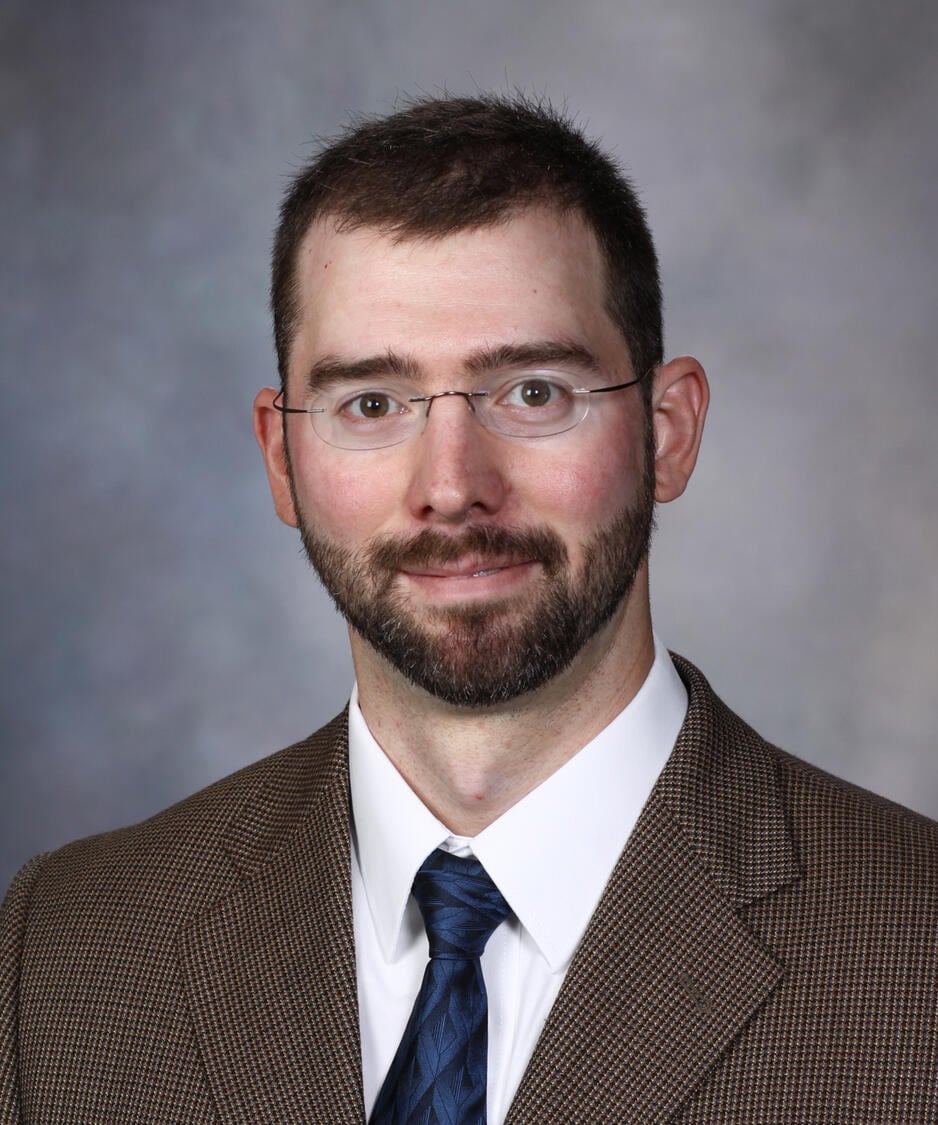 |
Peter Pollak, M.D.Program Director
|
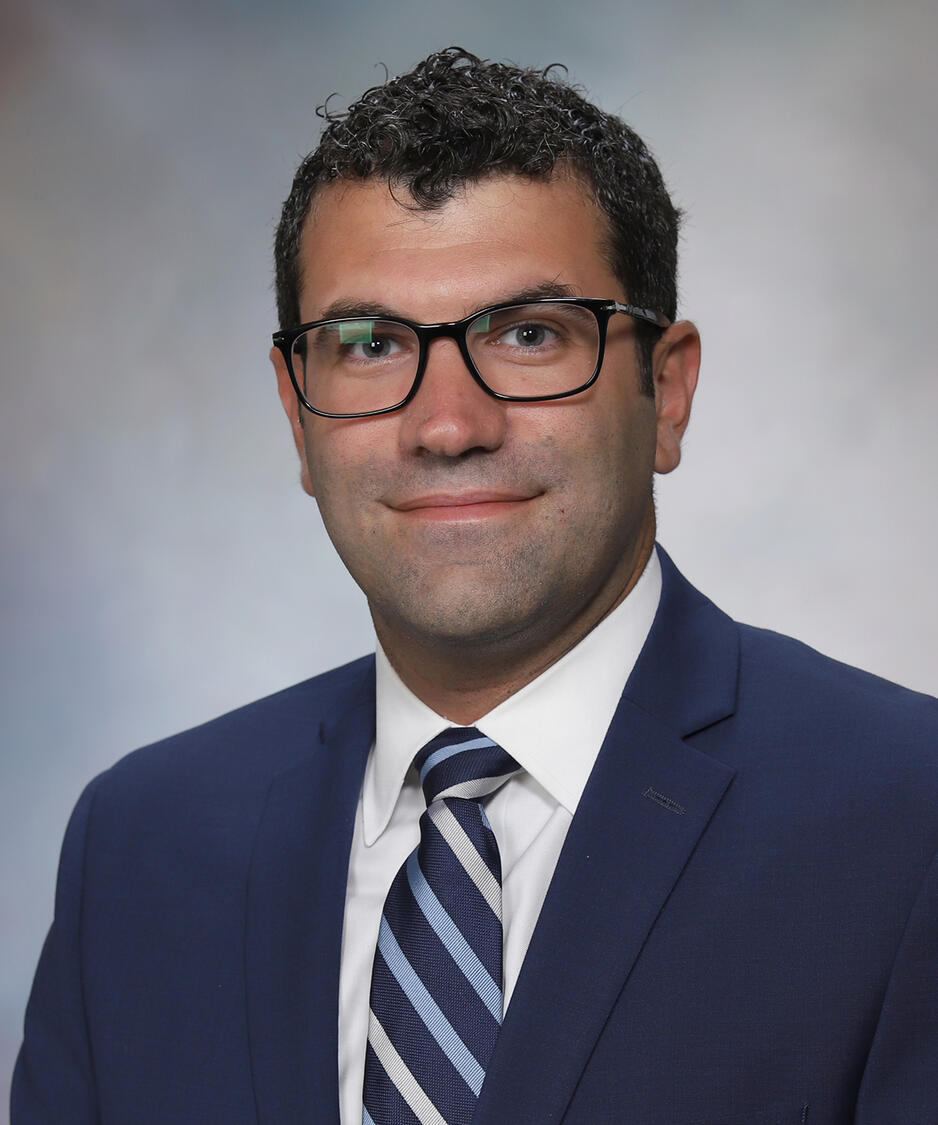 |
Abdallah El Sabbagh, M.D.Core faculty member |
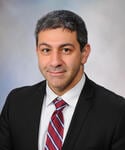 |
Michael Gharacholou, M.D., M.S.Core faculty member |
Dilip Pillai, M.D.Core faculty member |
/prod01/channel_2/media/mccms/content-assets/academics/residencies-and-fellowships/cardiology-interventional-fellowship-florida/cardio-inter-fellow-fla-1024X512-WF7087400-0054.png)
Wellness initiatives
As a trainee, your physical and mental health are priorities to Mayo Clinic and the department. Trainees have access to several resources to promote well-being, as well as time off clinical duties to attend appointments.
- Fitness centers
- Groups on campus
- Well-being
Fitness centers
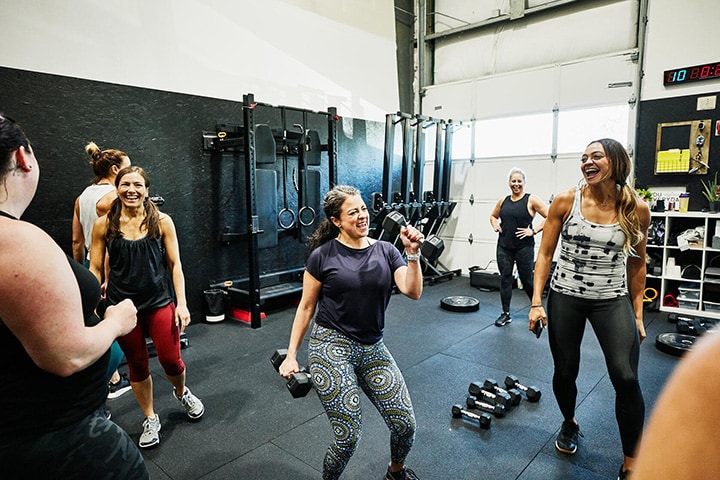 Mayo Clinic residents or fellows can experience 24/7 free access to the Bill Hewitt Employee Wellness Center — opened in the summer of 2024 and spans 6,700 square feet with modern cardio machines, weight machines, free weights, a studio for live classes, and includes showers and locker rooms for convenience.
Mayo Clinic residents or fellows can experience 24/7 free access to the Bill Hewitt Employee Wellness Center — opened in the summer of 2024 and spans 6,700 square feet with modern cardio machines, weight machines, free weights, a studio for live classes, and includes showers and locker rooms for convenience.
Additionally, residents or fellows at our three campuses get discounted membership fees to area gyms. In Jacksonville, Florida, residents and fellows can obtain an exclusive discount with the YMCA (several locations).
Groups on campus
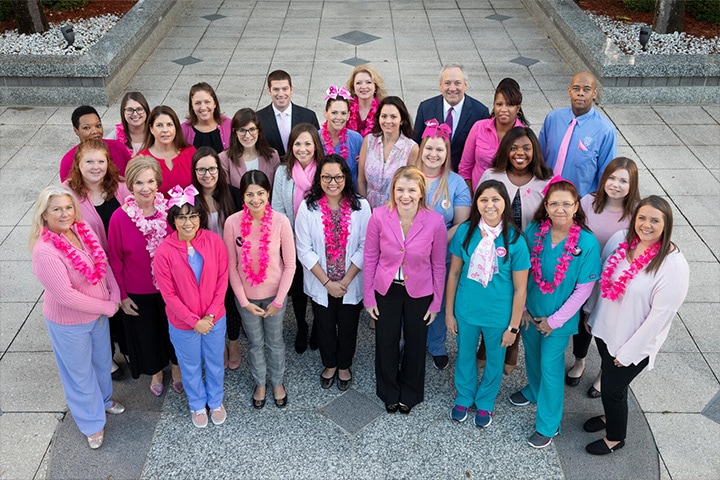
Opportunities to join a variety of groups on campus provide regular social activities and can help enhance your training while connecting with a broad group of peers.
Trainees will have the opportunity to join a Mayo Employee Resource Group (MERG) at any time during their training program. Mayo Employee Resource Groups (MERGs) are employee-led affinity groups to promote belonging, increase cultural awareness, and foster an environment of respect and inclusivity. Any Mayo Clinic employee can join a group of interest and choose their level of involvement
Well-being
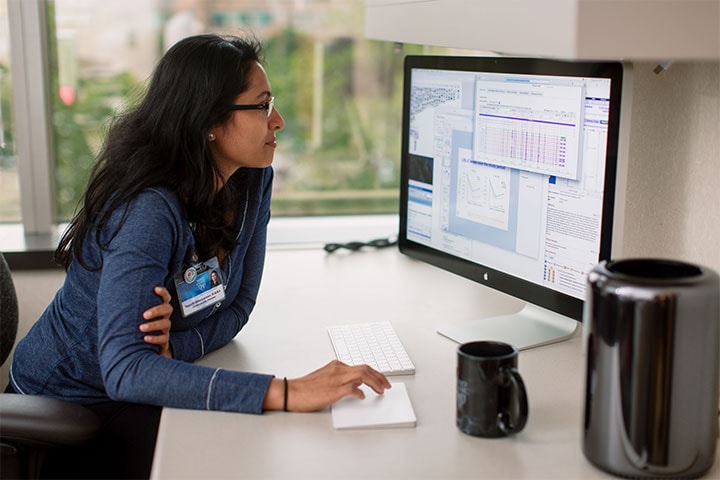 The Office of Academic Support and Well-Being provides resources to promote academic, emotional, social, cognitive, financial, and physical well-being. Career and academic services include academic advising, peer tutoring, and accommodations for learners with disabilities or health conditions. Mental health services, counseling, interview practice, and a variety of enrichment sessions on topics like budgeting, resiliency, and stress and burn-out are also available through the Academic Support and Well-Being office.
The Office of Academic Support and Well-Being provides resources to promote academic, emotional, social, cognitive, financial, and physical well-being. Career and academic services include academic advising, peer tutoring, and accommodations for learners with disabilities or health conditions. Mental health services, counseling, interview practice, and a variety of enrichment sessions on topics like budgeting, resiliency, and stress and burn-out are also available through the Academic Support and Well-Being office.
More from Mayo Clinic School of Graduate Medical Education
/0x0:512x512/prod01/channel_2/media/mccms/content-assets/academics/residencies-and-fellowships/3319834_0363-512X512.jpg)
Choosing Mayo Clinic
/0x0:512x512/prod01/channel_2/media/mccms/content-assets/shared-documents/campus-FL-Jax_Davis_Bldg_Mar2003_R-pic-tile.jpg)
Jacksonville, FL
Campus and community
/0x0:512x512/prod01/channel_2/media/studio-sites/mccms-reference-guide/512X5121676671_3824027_0010_C.jpg)
Stipend and benefits
/0x0:512x512/prod01/channel_2/media/mccms/content-assets/academics/residencies-and-fellowships/cardiology-interventional-fellowship-florida/mccms-cardiology-interventional-fellowship-fl-mobile-WF7087400_0004.jpg)
/0x0:440x220/prod01/channel_2/media/mccms/content-assets/campus-amp-community/florida/440X220_sidebar-mayo-clinic-jacksonville-fl-shu244045420.jpg)